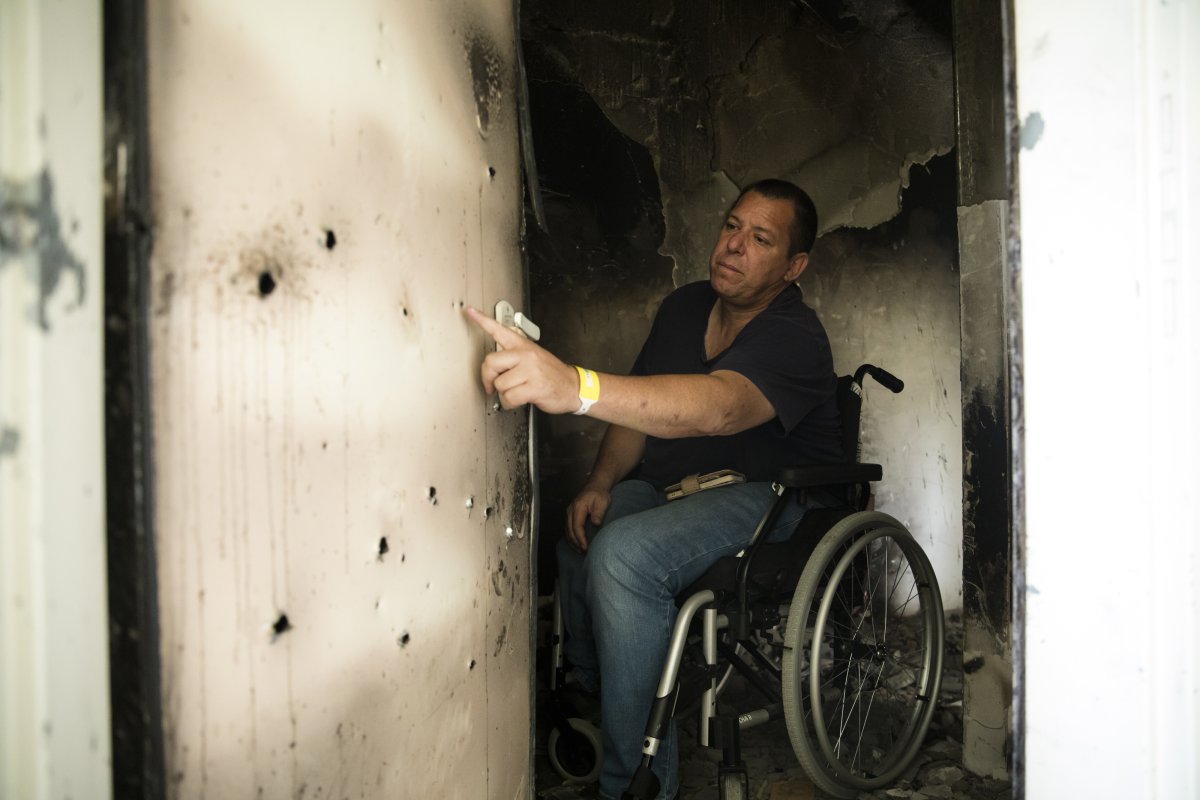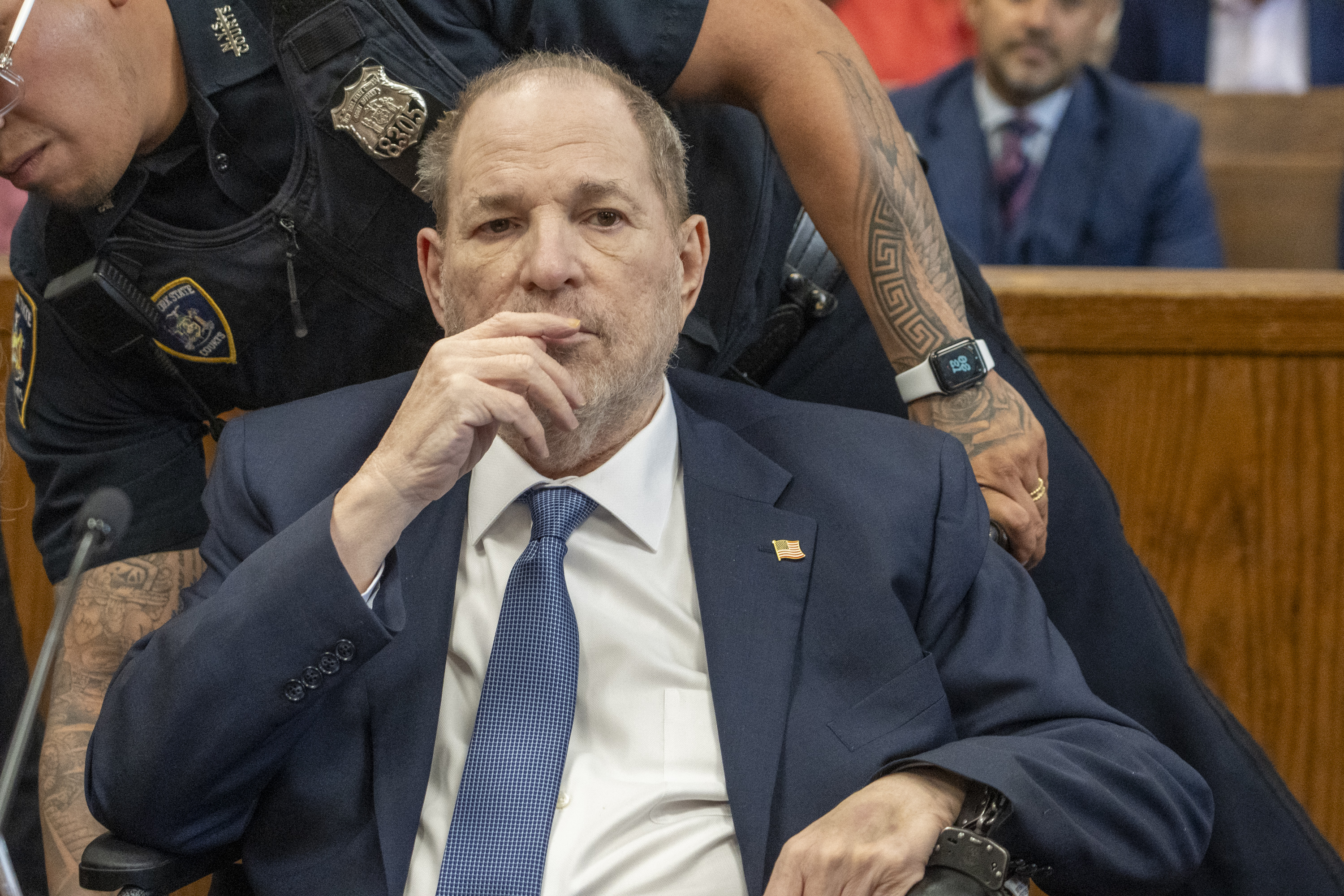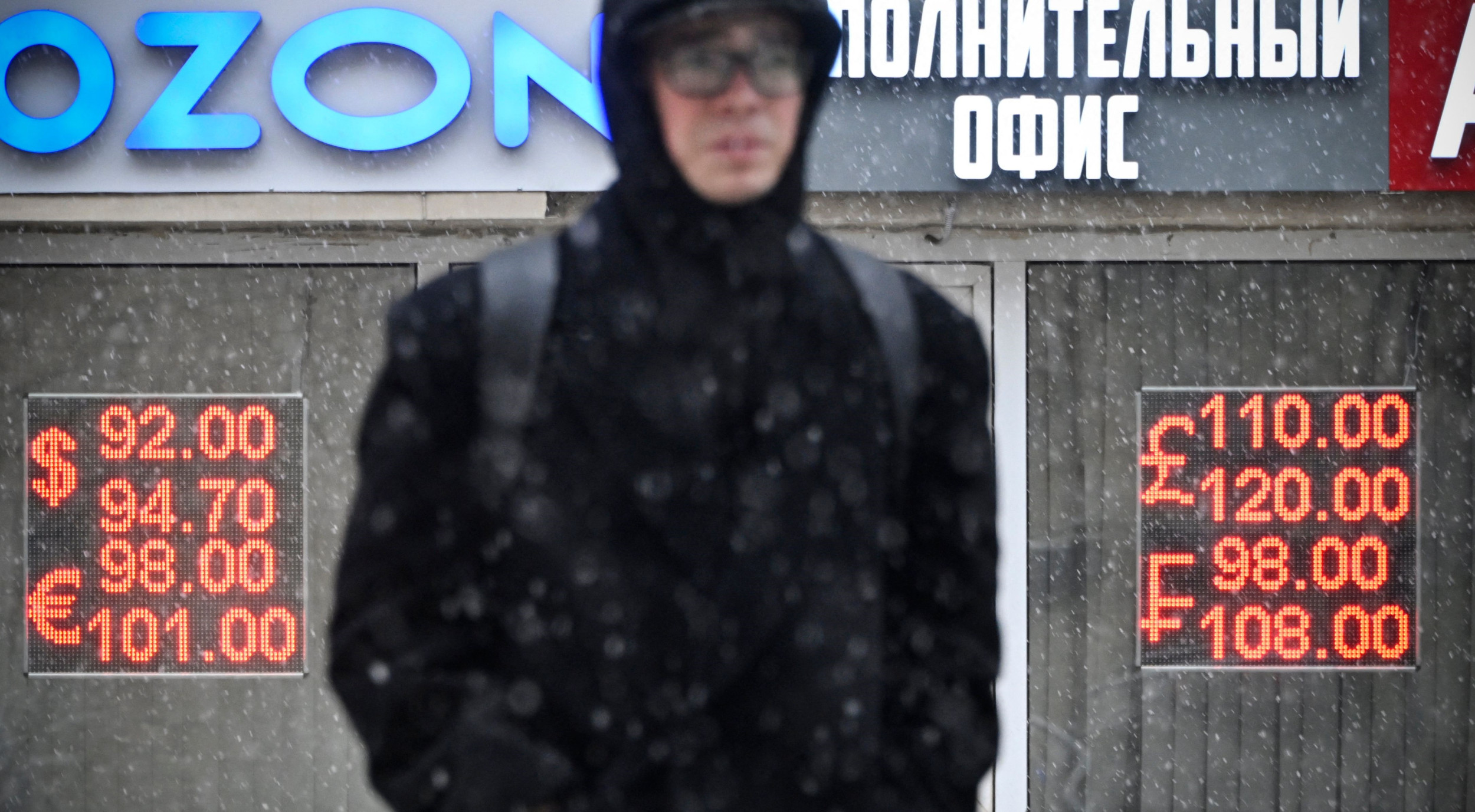Two years ago, the United Nations General Assembly overwhelmingly condemned Holocaust denial. In all, 114 countries co-sponsored the resolution. They sent a statement to the one dissenting voice—Iran—that even the UN, a frequent critic of Israel, would not give quarter to distorting the history of atrocities against Jews.
As we approach International Holocaust Remembrance Day on Jan. 27 this year, we face a startlingly different reality.
Hamas's Oct. 7 attack awakened a sense of horror and helplessness that Jews haven't felt since the Holocaust. Our shattered sense of security has been compounded by the vitriolic nature of protests that have sprung up all over the world.

Just two days after the Saturday massacre, before all the bodies were collected or the full number of hostages known, protesters gathered outside the Sydney Opera House and chanted, "Gas the Jews."
This was not an isolated incident. It took frighteningly few days for revulsion at Hamas's attack to morph into revulsion at Israel's response. Since October, among the swells of protesters who have flooded major cities all over the world, it's not hard to spot overtly antisemitic sentiments, including calling for the obliteration of Israel and violence against Jews.
And it's not just on the streets. Individuals who have pledged their careers to defending civilians have applied an appalling double standard by denying or downplaying the atrocities committed on Oct. 7.
The former director of Human Rights Watch's Middle East Department blamed Israel for the massacre. The director of a sexual assault center at a Canadian university denied that Hamas committed rape and other sexual crimes. It is chilling to watch those who hold positions of influence downplay or deny the crimes.
Holocaust denial stretches back almost to the Holocaust itself. In the decades after World War II, Nazi sympathizers ignored forensic, first-person, and photographic evidence to claim the Holocaust never happened or that it wasn't as bad as claimed. The movement gained momentum in the 1970s with the rise of pseudo-academic organizations like the Institute for Historical Review and the Committee for Open Debate on the Holocaust.
Not surprisingly, these deniers found allies among Middle Eastern voices who oppose Israel's existence. If the Holocaust never happened, they reason, do Jews really need the protections afforded by having their own nation-state?
Iran's Mahmoud Ahmadinejad brought Holocaust denial front and center when he served as the country's president. In a 2011 speech at Tehran University, he said, "The Zionist regime's establishment was based on numerous deceptions and lies, and one of the biggest lies was the Holocaust." When he concluded his tenure in 2013, Ahmadinejad claimed Holocaust denial as one of his proudest achievements.
Palestinian political leader Mahmoud Abbas, who literally has a Ph.D. in Holocaust denial, last year said that Jews were not targeted by Nazis due to antisemitism but rather because of "their social function related to money."
European nations, to their credit, recognized their own historic culpability in perpetrating the Holocaust and the grave threat that Holocaust denial posed to human rights and tolerance. Sixteen of them, along with Canada and Israel, passed laws that made Holocaust denial a crime.
"It is not an accident that the trend to address Holocaust denial in criminal law originated in Europe," the European parliament wrote in a briefing last year, "it is deemed to erode Member States' anti-totalitarian post-war foundations, and thus, arguably, undermine the collective European memory."
Even the UN—which once equated Zionism with racism and regularly singles out Israel for condemnation—passed resolutions in 2005, 2007, and 2022, affirming "that ignoring the historical facts of those terrible events increases the risk that they will be repeated."
Then came Oct. 7. Hamas recorded and livestreamed their attacks using Go Pros and cell phones to show the world what they had done. The gruesome images were circulated online for all the world to see, yet people still deny the crimes or demand further proof.
On social media, narratives denying the basic facts are taking hold as hashtags linking Israel to "false flag operation"—a staged event aimed at pinning blame on others—take hold.
At Yale, student journalists retracted references to Hamas rapes and beheadings, calling them "unsubstantiated claims" despite very substantial evidence. In cities all over America, activists tore down posters with hostages' names and faces, claiming they were propaganda used to justify Israel's war in Gaza.
Like Holocaust denial, Oct. 7 denial is employed as a strategy to rationalize attacks against Jews and undermine Israel's legitimacy. As we commemorate Holocaust Remembrance Day this weekend, we must confront this modern manifestation of old hate.
That UN General Assembly vote on Holocaust denial came 80 years to the day after the Wannsee Conference when top Nazi officials gathered to implement the "Final Solution." The resolution rightly warned that the Jewish genocide must "forever be a warning to all people of the dangers of hatred, bigotry, racism, and prejudice."
Aviva Klompas is the former director of speechwriting at the Israeli Mission to the United Nations and co-founder of Boundless Israel, a nonprofit organization that partners with community leaders in the U.S. to support Israel education and combat hatred of Jews.
The views expressed in this article are the writer's own.
Uncommon Knowledge
Newsweek is committed to challenging conventional wisdom and finding connections in the search for common ground.
Newsweek is committed to challenging conventional wisdom and finding connections in the search for common ground.
About the writer
To read how Newsweek uses AI as a newsroom tool, Click here.








